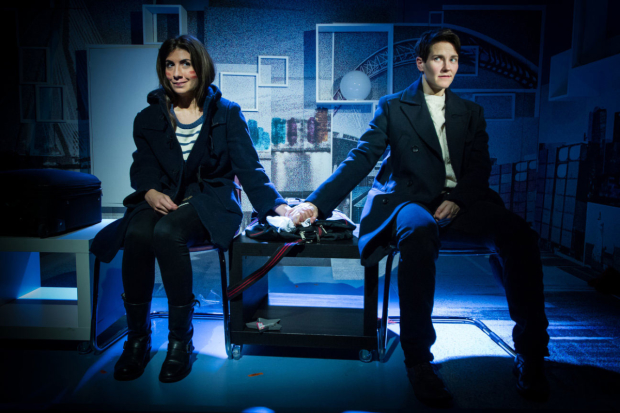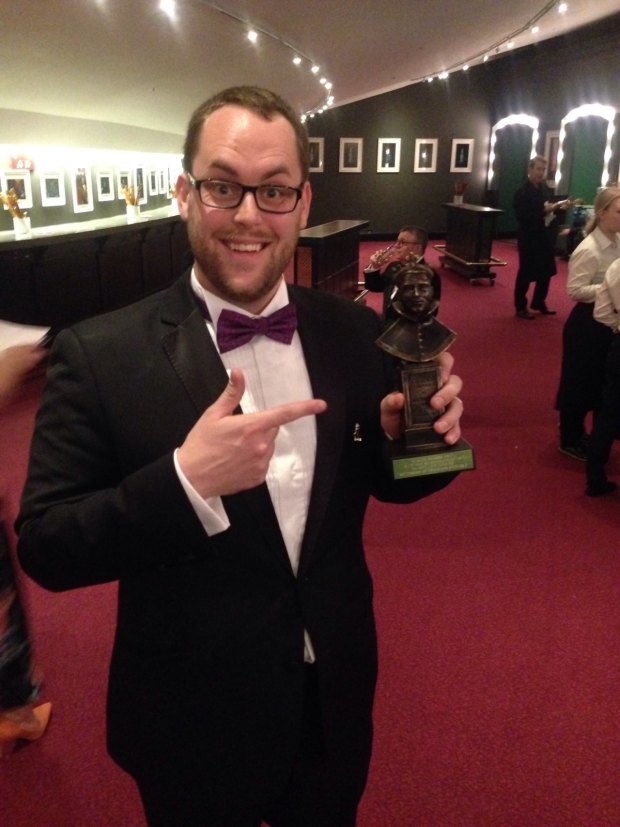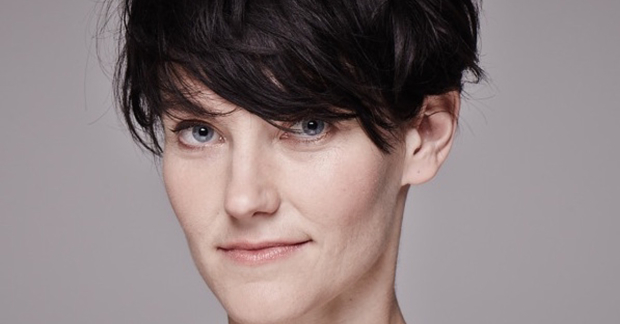Jon Brittain: 'Trans stories aren't given the platform they deserve'

© Piers Foley Photography
What’s Rotterdam about?
It features two characters with identities which, on paper, you might think conflict. One is a lesbian, the other, her girlfriend, actually identifies as male. I am sure many people would find that easy to reconcile, but in the play they get it quite wrong. The fact that they don't handle it particularly well is where some of the drama and comedy comes from. But at its heart it’s about their relationship, their love for each other, but also their sense of who they are and how they identify.
What inspired you to tackle the themes in the play?
It had been bubbling for a while. I had some friends who transitioned and I started thinking about the fact that I hadn't heard many trans stories in popular culture. I think the stuff you end up writing is the stuff that has an emotional resonance with you.
So do you think there’s not enough people writing trans stories?
Well, the fact that I hadn't heard them is that’s partly a comment on popular culture but also partly a comment on me. There are trans and queer theatre makers, authors and filmmakers who put work out there. But it isn’t necessarily given the platform that it deserves or it needs.
How long did it take you to write it?
It’s been quite a long time in the making. I started thinking about it in 2010 and then started writing it in 2012. Then it sat on the shelf for a few years and then I did a big rewrite in 2014. That’s the re-write that got the momentum – and Roy Williams read it, it was chosen for Playwright Presents at Theatre503 and that led the director to read it and that’s what led to the production.

Did it feel as though everything went a bit mad after the show won the Olivier?
It hasn’t really sunk in. I got back from New York the other day and I had put the Olivier on a shelf in between several Teenage Mutant Ninja Turtles toys and I looked at it and thought: ‘Oh yeah, I’ve got that now’. That’s really odd. I think you can’t think about these things too much, else you go crazy. I get impostor syndrome at the best of times. The West End run is the major thing to come out of it.
You have managed to tackle the issues in a very human way, did you ever find the themes hard to deal with?
I think it’s quite grounded in the characters’ emotional experience and there’s a lot of comedy in the show as well. It’s sort of a rom-com in a way. I probably started the show ignorant of a lot of the things that I subsequently learnt. I started doing a lot of voluntary stuff for a charity called Gendered Intelligence which is a community charity that does work in schools. They also run a trans acting course. I think in order to make an interesting piece of work, I had to give myself permission to be insensitive. And to let the characters not be paradigms of virtue and not always get things right. And to trust that the audience will be able to deal with that.
What’s next?
A bit of everything really. I’m writing a new play for LAMDA, working on some TV stuff, working with composer Harry Blake on a musical. I’m also taking my new Margaret Thatcher show – Margaret Thatcher Queen of Game Shows – to Edinburgh.
Rotterdam runs at the Arts Theatre until 15 July.











